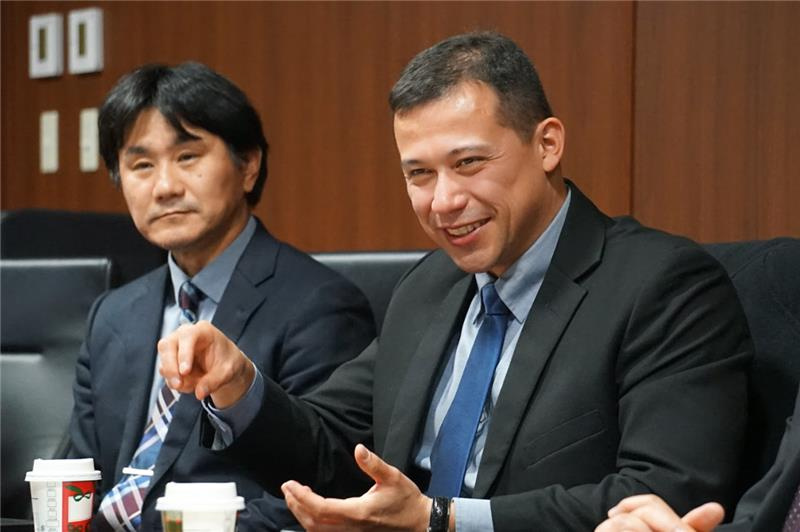ブラウザからレイアウト自由自在
Layout Module
ここにメッセージを入れることができます。

【11/12~11/28応募期間】国内体験学習プログラム 福島スタディツアー
■国内体験学習プログラム(福島)参加者募集説明会■ 〇日 時:2025年 1...
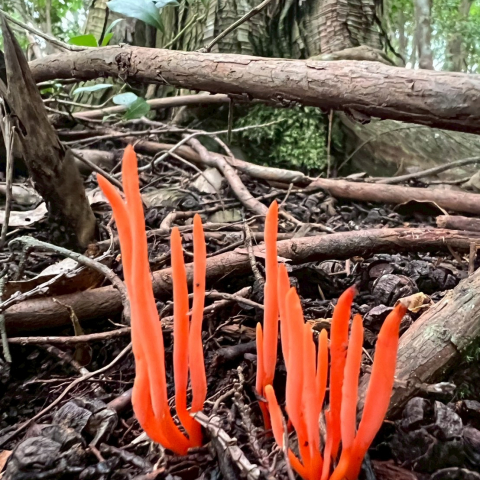
「政策実践・探究演習(国内)福知山プロジェクト」が第3合宿を実施【政策学部】
2025年10月18日(土)~19日(日)に京都府福知山市中六人部(なかむとべ)...
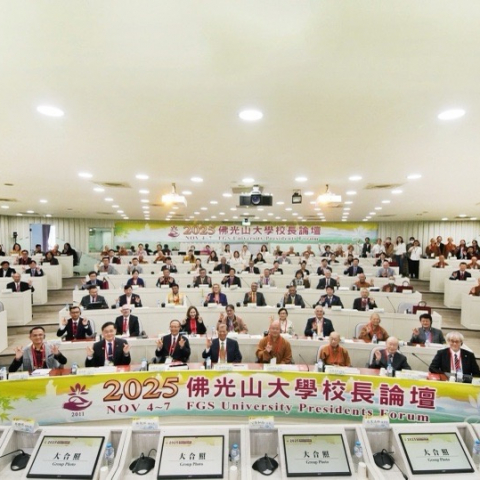
龍谷大学理事長・入澤崇氏、佛光山大学フォーラムで講演【R-Globe】
2025年11月3日から7日まで、台湾において、仏教的価値を教育理念に取り...
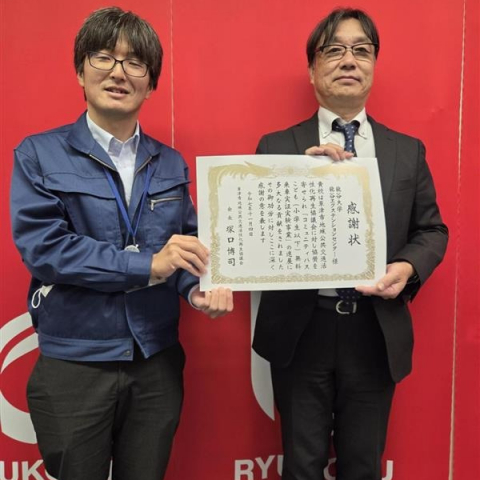
2025年8月に草津市交通政策課様が「コミュニティバスこども無料乗車実証...
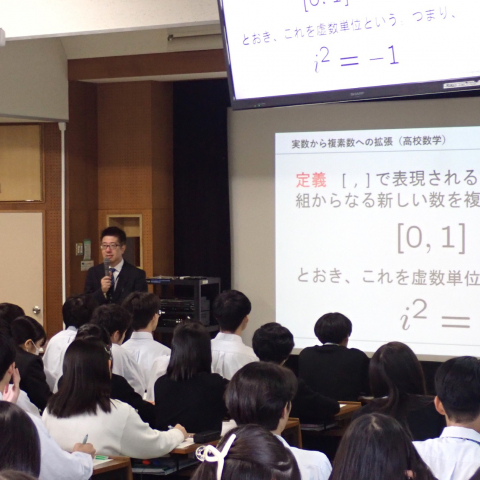
深尾武史教授が南陽高等学校でサイエンスプログラムを担当しました【先端理工学部】
2025年10月23日(木)に数理・情報科学課程の深尾武史教授が京都府立南陽...
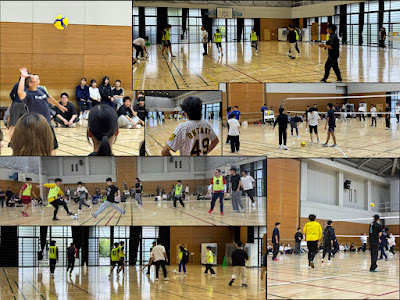
みんなの仏教SDGs WEBマガジン「ReTACTION」(リタクション)の新着記事案内
結婚や出産を経ても研究を続けるには、どのような支援や理解が必要なのでしょうか。2025年9月9日、女性研究者のキャリア形成をテーマとしたイベント「大学院の過ごし方―女性特有のライフイベントとの両立を中心にー」が、龍谷大学大宮キャンパスで開催されました。
企画・運営を担ったのは、龍谷大学の大学院生7名(文学研究科6名・国際学研究科1名)による「女性の大学院修了後のキャリアを考える会」です。今回は、同会の中心メンバーである東野空さん(文学研究科日本語日本文学専攻博士後期課程2年)と高見美友さん(文学研究科仏教学専攻博士後期課程2年)に、お話を伺いました。
↓是非ご一読ください↓
女性研究者が少ない現状を変えたい――龍谷大学大学院生が企画した「等身大のキャリア交流イベント」 | ReTACTION(リタクション)| みんなの仏教SDGsウェブマガジン
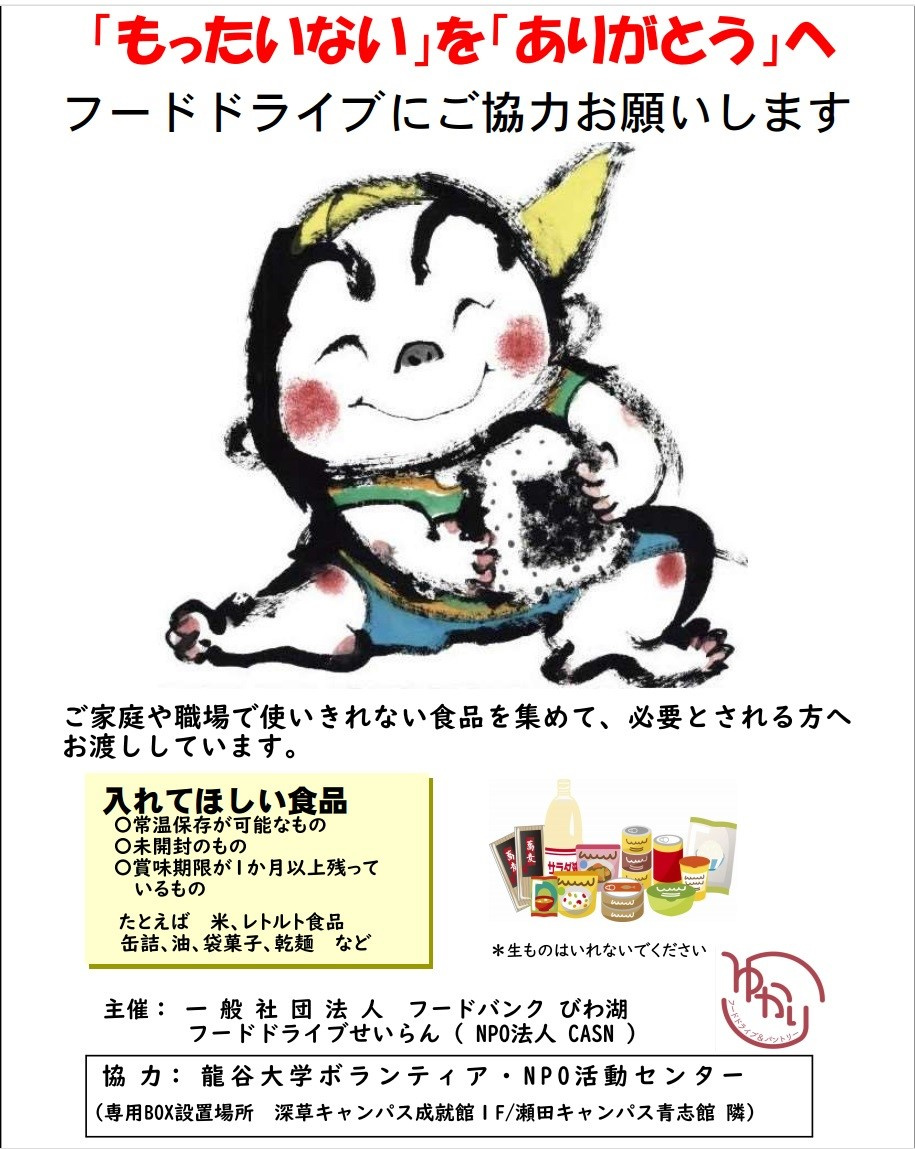
10月16日は国連が制定した「世界食料デー」です。
このたび、10月1日から、センターとのつながりがある地域団体の取り組みに協力する形で、フードドライブ専用のBOXを設置します。
学内関係者のみなさん、近隣住民のみなさん、もしご自宅で眠っている食品があれば、ぜひご協力お願いいたします。
■フードドライブって?
フードドライブとは、家庭で余っている食品を集めて、食品を必要としている地域のフードバンク等の生活困窮者支援団体、子ども食堂、福祉施設等に寄付する活動のことです
(環境省HPから引用)
■BOX設置期間・場所
2025年10月1日~2026年3月31日
ボランティア・NPO活動センター内(深草・瀬田)
■集めている食品
〇常温保存が可能なもの
〇未開封のもの
〇賞味期限が1ヶ月以上残っているもの
たとえば、米、レトルト食品、缶詰、油、袋菓子、乾麺 など
■食品提供先:
瀬田キャンパスのある滋賀県内の団体で構成されているフードドライブユニット『ゆかり』に提供します。
------------------------------------------------------------------
構成団体のひとつ『NPO法人CASN』(フードドライブせいらん、晴嵐みんなの食堂などを運営)よりメッセージ
私たちはこれまで、3度の食事を食べられない、食べられてもコンビニのお弁当ばっかり、家族と食卓を囲んだことがないなどといった状況の子ども達に出会ってきました。食事も何度も届けてきました。
片方で有り余る食材が廃棄されている。なんとかその食材がうまく子ども達の元に届けられないかという思いで始めたのがフードドライブせいらんです。そしてこの活動をもっと広げていきたいという思いを共有できる方たちとゆかりという団体を作りました。
もったいないをありがとうに変えていく活動に、この度共感して下さってボックスを置いていただけますこと、本当に嬉しく思っています。
皆様のご協力をよろしくお願いします。
-----------------------------------------------------------------
落語家にとって「芸」とは何か。人生の歩みがどのように芸に生かされ、芸が磨き上げられてきたのか。落語家一人一人が人生をかける芸の魅力はどこにあるのか。
35年間、落語を聴き続ける社会学者が、落語家の「人生と芸」を軽妙な筆致で描く。
落語の基本的な知識を押さえたうえで、本人や関係者が語る言葉、評論家の文章、通った高座の記憶から、落語家の古今亭志ん朝、立川志の輔、柳家喬太郎、春風亭一之輔、俳優の小沢昭一、講談師の神田伯山のライフヒストリーを丁寧に浮き彫りにする。
古典から新作まで、様々な落語や芸を練り上げる6人に通底する「承知のうえでの野暮」=観客を選ばない芸という側面に光を当て、笑いという希望を多くの人に与える落語家の「人生と芸」の奥深さを描き出す。
目次
まえがき
第1章 笑いという希望――落語
第2章 若旦那のキョウジ――古今亭志ん朝
第3章 座布団の上の演劇――立川志の輔
第4章 「間」の可能性――柳家喬太郎
第5章 生活者の了見――春風亭一之輔
第6章 新天地からふるさとへ――小沢昭一
第7章 野暮さえも飼いならす――神田伯山
野暮は承知で――あとがきにかえて
【工藤保則教授による読者に向けてのコメント】
年を取るにつれ、人生について考えることが多くなりました。「あの時はこうだったなぁ」とか「この人と出会ったおかげで今があるなぁ」とか。
恩師のひとりが定年退職される時、その先生と私との関係に思いを巡らせながら、落語家の立川談志師匠と立川志の輔師匠の師弟関係についての文章を書きました(この本の第3章のもとになったものです)。ひょんなことから、それを志の輔師匠が読んでくださり、わざわざ電話をかけてくださいました。思いもよらぬことで、びっくりしました。そして、その時、「落語家さんたちについての本を書きたい」と強く思いました。それから、こつこつ文章を書き溜めていき、4年かかって一冊の本にすることができました。
古今亭志ん朝、立川志の輔、柳家喬太郎、春風亭一之輔、俳優の小沢昭一、講談師の神田伯山の「人生と芸の交叉」について書き終えて感じたのは、「人との出会いや経験した出来事が、その人と芸を作っている」ということです。まったく無名な私の人生も同じです。
落語や落語家についてあれこれ語るのは、野暮でしょう。いち落語好きが野暮を承知で書いたということで、お許しいただきたいと思います。
追記
出版後、志の輔師匠からまた電話をいただきました。伯山先生はXで紹介してくださいました。喬太郎師匠と一之輔師匠からは葉書をちょうだいしました。
人生、どこでどんないいことがあるか、わかりません。
【書籍情報】
タイトル:野暮は承知の落語家論――人生と芸の交叉を読む
著 者:工藤保則
価 格:2,400円+税
出 版 社:青弓社
発 売 日:2025年10月10日
全国の書店やオンラインストア(Amazonなど)で販売しています。
2025年11月13日(木)、本学はグアテマラ・バジェ大学(Universidad del Valle de Guatemala)との新たな学術交流協定の締結にあたり、4名の来賓をお迎えしました。
ご来学いただいたのは、ヴィクトル・ウーゴ・アジェルディ・バルダレス(VÍCTOR HUGO AYERDI BARDALES)教授(グアテマラ・バジェ大学 工学部長)、ビリー・ラム・パディーヤ(BILLY LAM PADILLA)氏(駐日グアテマラ大使館 公使参事官)、在京都グアテマラ共和国名誉領事の森田卓哉氏です。協定書案への署名に加え、安藤徹学長と今後の学術交流の方向性について意見交換を行いました。
本学がグアテマラの高等教育機関と学術協定を結ぶのは今回が初めてです。本協定は、グアテマラ・バジェ大学工学部長のアジェルディ・バルダレス(AYERDI BARDALES)教授と、本学先端理工学部の小寺康博准教授、ヘルナンデス ホセ (JOSE ANDRES HERNANDEZ GAITAN) 助教による学術的連携を礎として実現しました。
当日は、自然科学分野における研究協力に加え、オンラインを活用した異文化交流やバーチャル講義、本学の短期受入プログラム(R-STEP)への参加促進など、多面的な連携の可能性について意見を交わしました。さらに、学生同士の対面交流の実現に向けて、今後の交流の在り方についても活発な議論が行われました。
また、マヤ文明遺跡ティカルを擁するグアテマラにおいて、グアテマラ・バジェ大学はマヤ文明研究で高い評価を得ています。この特徴から、本学文学部の歴史学科文化遺産学専攻や考古学分野との研究交流の広がりも期待されます。加えて、同大学名の “Valle(谷)” や、大学のマスコットが“ドラゴン”である点など、本学の「龍谷」と通じる興味深い共通点も紹介され、和やかな雰囲気の中で懇談を行いました。
ご来学いただいた代表団の皆様に心より感謝申し上げるとともに、両大学間のさらなる発展的な交流を期待いたします。
【参考】グアテマラ・バジェ大学(UVG)について
グアテマラ・バジェ大学(UVG)は1966年に創立された私立非営利大学で、首都グアテマラ市を含む3つのキャンパスを有しています。学生数は約4,000名。工学、教育、理学、人文学、ビジネス、社会科学など幅広い学部を備え、とりわけSTEM分野において中米地域で高く評価されています。
